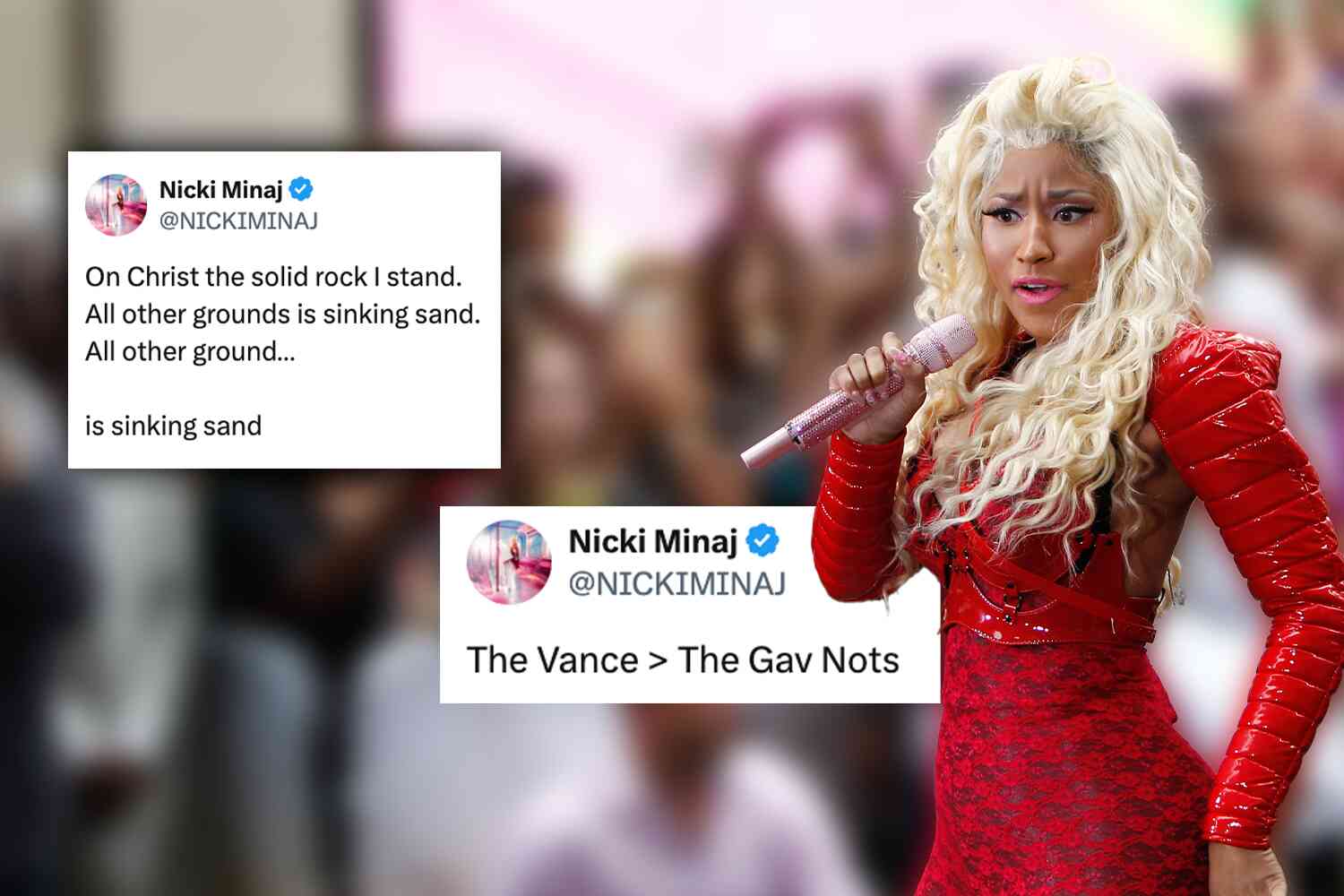Here's some bad news for the people who want to save the planet by forcing Ugandan kids to mine their villages for toxic rare-earth metals:
You can almost hear the astonishment in her voice.
"But we've been telling people to buy EVs for years! Half of them have no interest?"
Yup.
47% of Americans think it's very unlikely they'd buy an EV as their next car, 12% say they don't plan on buying a car anytime soon, and 22% think it's somewhat likely. Only 19% said it was likely, which is a very enthusiastic "maybe" (we all know how that goes).
I suspect I'm like many of you: I have nothing against electric vehicles. I think they're actually pretty cool.
Still, when I have to haul my camper and a family of 6 anywhere, I'll take the "refill the gas in 2 minutes" option over stopping every few miles to sit and recharge.
But there's also that issue of cost.
See, you didn't need to tell people to use smartphones or flatscreen TVs. There was natural demand, and because the government wasn't mucking everything up by trying to control the market, the cost went down.
The same thing is true for original automobiles. You didn't need to tell the farmer down the road to trade in his horse for a Ford: He weighed that cost/benefit ratio in his head and switched as fast as he could.
Today, we don't have that free market. We have a heavily-subsidized "green energy" and battery sector that is not incentivized to lower costs to the consumer, but to please the bureaucratic overlords. At the same time, said bureaucrats have done everything they can to drive up inflation.
From The Hill:
Consumers are eligible for a tax credit of up to $7,500 for new EV purchases, but 6 in 10 respondents still cited the high cost of electric vehicles as a "major" reason they wouldn't buy one. Roughly half of respondents said "too few charging stations" was a major reason.
As proof of this meddling in the market, many EVs jumped more than $7,000 after the new tax credit was announced. Once the automakers know you'll get government money for it, they have no incentive to lower prices.
Not only are they making this technology more expensive by creating unnatural market forces, but less of us can afford it. I know I can't. I have a family to feed: I can't buy a $1,100-a-month vehicle. And given the rate of inflation, it'll be years before I'm even remotely in that position.
This is why logical environmentalists understand that the best way to get people to care about the planet and invest in next-gen tech is to make energy as cheap as possible for as many people as possible. Period. When a person in rural Africa no longer has to burn sticks and dung to boil water and cook food because they can afford natural gas, it helps the environment. The same is true for a family in Indiana looking to switch to renewables.
That isn't going to come through government subsidies. The government only redistributes money, it doesn't generate capital. No, progress is going to come through deregulation and getting the government out of the energy/tech game as much as dang possible.
Instead, we are getting the opposite: The government is going to beat you and the automakers with a stick until we comply:
The Biden administration is expected to put forward a proposal that would strengthen regulations on vehicle emissions that could potentially stimulate more EV sales.
Imagine if the government didn't bail out GM, for example, back under Obama. Instead of a bloated car company that has corrupt friends in the government, there might have been a dozen startups that figured out how to make new cars under $20,000, including hybrid or battery versions. There might have even been next-gen battery tech by now.
We're spending all our money so that corrupt bureaucrats can prop up rotten dead trees so no sunlight reaches the forest floor for new growth. All that does is encourage a wildfire.
But when the wildfire inevitably comes and the whole thing crashes and burns, perhaps we'll finally get the next generation of transportation tech that our grandparents once dreamed about.









